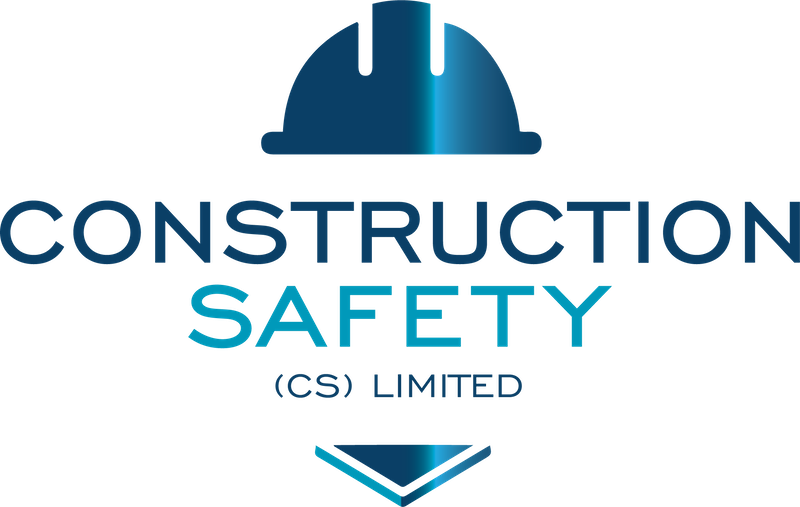Building control approval: did you know?
This is the latest update from the BSR (Building Safety Regulator)
If you’re planning any projects on higher-risk buildings in England, you need building control approval from the BSR before any building work can commence. This includes new builds and refurbishment works on existing properties.
On 1 October 2023, BSR became the Building Control Authority for all higher-risk buildings (HRBs) in England.
- at least 7 floors or at least 18 metres in height
- at least 2 residential units
- They also regulate care homes and hospitals during their design and construction phases.
As the Building Safety Regulator, HSE is a statutory consultee for planning applications which involve HRB buildings in England. Before planning permission is granted BSR check that buildings’ designs address fire safety.
BSR review applications to planning authorities. BSR advise them on fire safety and land use planning. This is known as planning gateway 1. You can ask BSR for advice about fire safety and land use planning before you apply.
BSR is the building control authority for higher-risk buildings in England. Building work cannot start until BSR approve the building control approval application. BSR must be satisfied that the design meets the functional requirements of the building regulations. This is known as planning gateway 2.
BSR assembles a team of experts for each application. As part of building control the multi-disciplinary team (MDT) is involved throughout the construction process. It sets an inspection schedule and provides a lead contact for applicants.
The building must not be occupied until BSR have issued a completion certificate. BSR approve an application for a completion certificate if it provides evidence that what was built matches approved plans and changes and meets building regulations.
BSR works closely with public and private building control. We assess and monitor the performance of building control bodies. We also provide professional codes of conduct and standards for building inspectors and building control approvers.
BSR keeps a register of all building inspectors who have been assessed to carry out regulated building control activities and have successfully applied to become a registered building inspector.
BSR also keep a separate register of private sector businesses that carry out building control work. Registered building control approvers must register with BSR by 6 April 2024 to continue to operate. This replaces the approved inspector register run by CICAIR. This is gateway 3.
This means that developers will no longer be able to choose the building control body they use for building new residential buildings that are over 18 metres or 7 storeys with at least 2 residential units, and hospitals and care homes that meet the same height threshold.
Developers must also apply to BSR for building control approval before starting building work on any projects involving HRBs
Read guidance on how to apply for building control approval and what is required
To assist and clarify these changes BSR have introduced a training programme of courses to highlight the responsibilities of duty holders throughout the build and during the life of the building after. These are in conjunction with various webinars that can be found at www.hse.gov.uk/building-safety/regulator
BSR training and events
In addition to the BSR programme of industry webinars, BSR have developed new face-to-face training courses designed to provide insights into the responsibilities of duty holders.
Spaces are limited, follow the links to find out more about each upcoming course:
BSR: Introduction to the Building Safety Regulator and Building Safety Act
28 February, Manchester
BSR: Introduction to the Role of Accountable Persons and Principal Accountable Persons
6 March, Manchester
BSR: Introduction to the Role of Client, Principal Designer and Principal Contractor
7 March, Manchester
